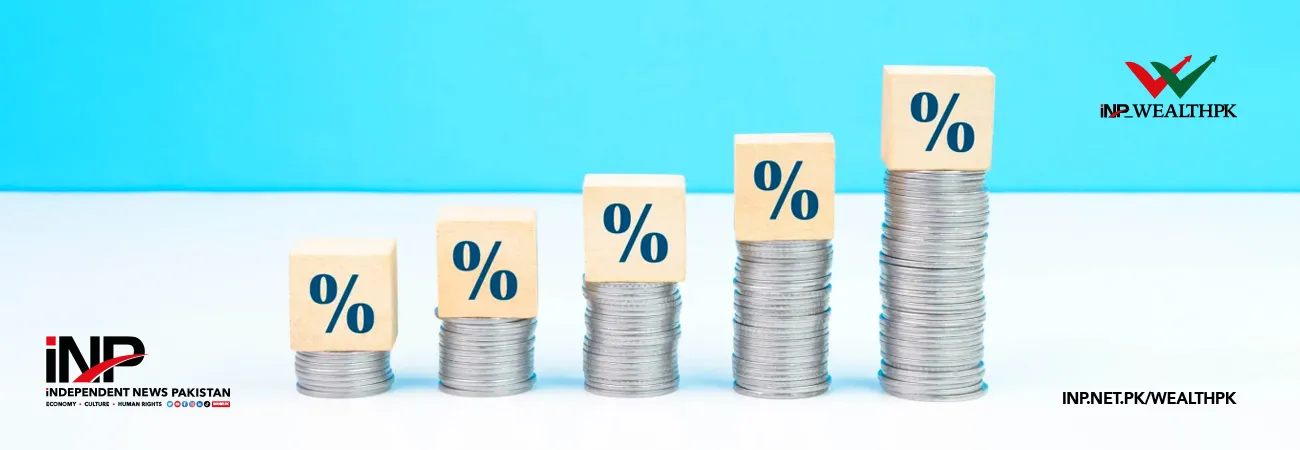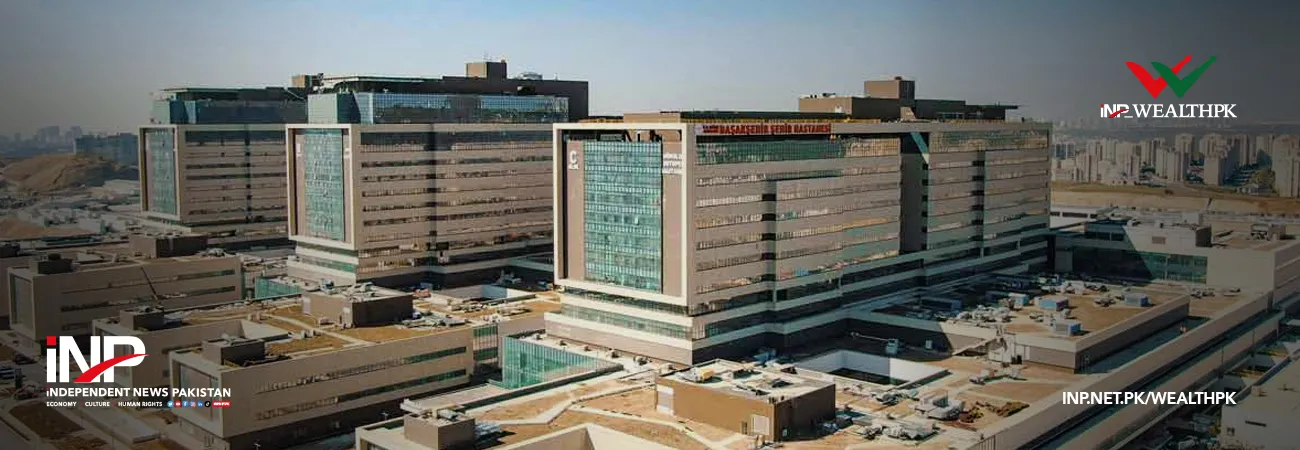INP-WealthPk
Qudsia Bano

Qudsia Bano
In a noteworthy development for Pakistan's financial outlook, experts have predicted significant reductions in interest rates, as the government surpasses its borrowing targets amidst easing inflation. This convergence of factors is poised to have far-reaching implications for the country's economic outlook and monetary policy direction, reports WealthPK. The Government of Pakistan’s recent announcement about exceeding the borrowing targets has sparked anticipation among financial analysts and industry experts. Raising Rs500.5 billion, which surpasses the targeted Rs360 billion, signifies a robust demand for government securities despite the prevailing economic uncertainties. One of the primary drivers behind this surge in borrowing is the prevailing trend of easing inflation. Analysts pointed to a deceleration in inflation rates, with projections indicating a slowdown to 12.5-13.5% in June from the high levels witnessed in the previous months. This downward trend in inflation has created a conducive environment for government borrowing, as investors anticipate a corresponding decline in interest rates.
“The State Bank of Pakistan's decision to maintain the policy rate at 22% in response to the inflationary pressures has drawn scrutiny from the market observers. Despite inflation moderating from its peak of 37% and stabilizing around 30% for most of the fiscal year, the central bank's cautious approach has raised questions about its monetary policy stance,” a senior economist told WealthPK. He argued that the government's aggressive borrowing strategy, coupled with the prospect of easing inflation, presents an opportune moment for significant rate cuts. With inflation expected to further decline, the gap between inflation and interest rates could create room for a substantial reduction in the policy rate, potentially up to 300 basis points. However, experts cautioned that the State Bank's cautious approach, influenced by external factors such as the IMF guidelines, may temper with expectations for immediate rate cuts. While the government's borrowing spree has provided a reprieve, concerns linger about the sustainability of high borrowing costs and their impact on the economic growth.
Talking to WealthPK, Operations Manager at the MCB Bank Nosheen Ahmed said, “The higher interest rates have not only strained the government's finances but also hindered domestic investments, contributing to sluggish economic growth projections of around 2% for the fiscal year. The Ministry of Finance's mid-year report highlights a sharp increase of over 64% in debt servicing costs, outpacing revenue growth by a significant margin”. Nosheen said, “While the prospect of major rate cuts is enticing, it's crucial to consider the broader implications. Rate cuts can stimulate borrowing and investment, but they also impact savings and inflation expectations. Therefore, the central bank must strike a delicate balance to support growth while safeguarding against inflationary pressures.”
Credit: INP-WealthPk













